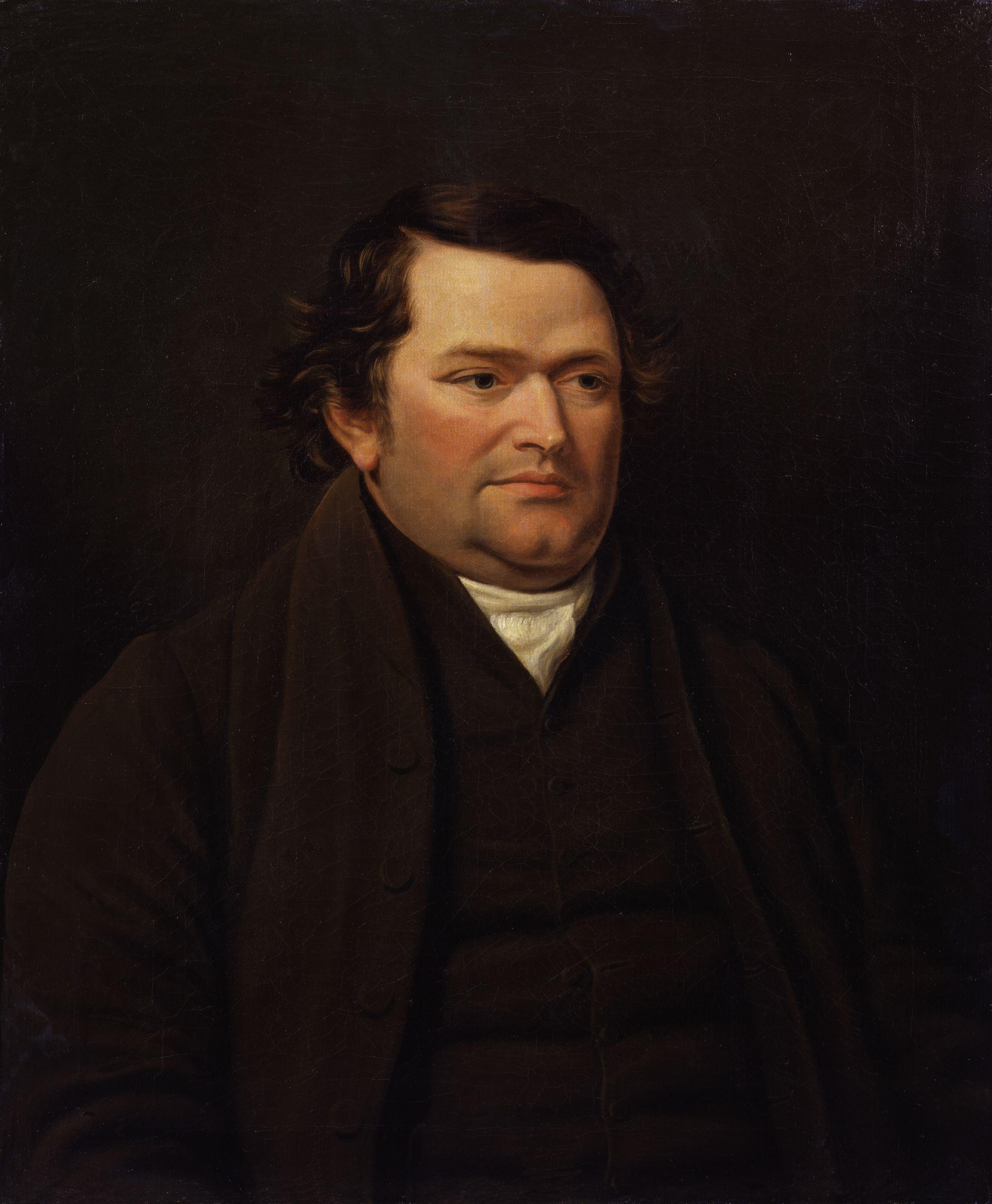|
Anchor Paper
An anchor paper is a sample essay response to an assignment or test question requiring an essay, primarily in an educational effort. Unlike more traditional educational assessments such as multiple choice, essays cannot be graded with an answer key, as no strictly correct or incorrect solution exists. The anchor paper provides an example to the person reviewing or grading the assignment of a well-written response to the essay prompt. Sometimes examiners prepare a range of anchor papers, to provide examples of responses at different levels of merit. Purpose of Anchor Papers Anchor papers are frequently used in standards based assessment, authentic assessment and holistic grading, where essay prompts are more common. They are especially used when grading essay responses on a mass scale, such as by graders working for the College Board The College Board, styled as CollegeBoard, is an American not-for-profit organization that was formed in December 1899 as the College Entranc ... [...More Info...] [...Related Items...] OR: [Wikipedia] [Google] [Baidu] |
Essay
An essay ( ) is, generally, a piece of writing that gives the author's own argument, but the definition is vague, overlapping with those of a Letter (message), letter, a term paper, paper, an article (publishing), article, a pamphlet, and a short story. Essays have been sub-classified as formal and informal: formal essays are characterized by "serious purpose, dignity, logical organization, length," whereas the informal essay is characterized by "the personal element (self-revelation, individual tastes and experiences, confidential manner), humor, graceful style, rambling structure, unconventionality or novelty of theme," etc. Essays are commonly used as literary criticism, political manifestos, learned arguments, observations of daily life, recollections, and reflections of the author. Almost all modern essays are written in prose, but works in Poetry, verse have been dubbed essays (e.g., Alexander Pope's ''An Essay on Criticism'' and ''An Essay on Man''). While brevity usual ... [...More Info...] [...Related Items...] OR: [Wikipedia] [Google] [Baidu] |
Multiple Choice
Multiple choice (MC), objective response or MCQ (for multiple choice question) is a form of an objective assessment in which respondents are asked to select only the correct answer from the choices offered as a list. The multiple choice format is most frequently used in educational testing, in market research, and in elections, when a person chooses between multiple candidates, parties, or policies. Although E. L. Thorndike developed an early scientific approach to testing students, it was his assistant Benjamin D. Wood who developed the multiple-choice test. Multiple-choice testing increased in popularity in the mid-20th century when scanners and data-processing machines were developed to check the result. Christopher P. Sole created the first multiple-choice examinations for computers on a Sharp Mz 80 computer in 1982. Nomenclature Single Best Answer (SBA or One Best Answer) is a written examination form of MCQ used extensively in medical education. This form, from which ... [...More Info...] [...Related Items...] OR: [Wikipedia] [Google] [Baidu] |
Grading (education)
Grading in education is the application of standardized measurements to evaluate different levels of student achievement in a course. Grades can be expressed as letters (usually A to F), as a range (for example, 1 to 6), percentages, or as numbers out of a possible total (often out of 100). The exact system that is used varies worldwide. Significance In some countries, grades are averaged to create a grade point average (GPA). GPA is calculated by using the number of grade points a student earns in a given period of time. A GPA is often calculated for high school, undergraduate, and graduate students. A cumulative grade point average (CGPA) is the average of all the GPAs a student has achieved during their time at the institution. Students are sometimes required to maintain a certain GPA in order to be admitted to a certain academic program or to remain in that program. Grades are also used in decisions to provide a student with financial aid or a scholarship. Grades are s ... [...More Info...] [...Related Items...] OR: [Wikipedia] [Google] [Baidu] |
Standards Based Assessment
In an educational setting, standards-based assessment is Educational assessment, assessment that relies on the evaluation of student understanding with respect to agreed-upon standards, also known as "outcomes". The standards set the criteria for the successful demonstration of the understanding of a concept or skill. Overview In the Outcome-based education, standards-based paradigm, students have the freedom to demonstrate understanding in diverse ways, including (but not limited to) selected response (e.g. multiple choice tests), physical constructions, written responses, and performances. Of course, these are not new types of assessments, nor is the concept of Differentiated instruction, differentiated assessment. The teacher uses all available observations and quantitative information to summarize learning with reference to a specific standard. With these data, a teacher can formulate the steps or actions that can be taken to gain mastery of a particular concept. That is, it ... [...More Info...] [...Related Items...] OR: [Wikipedia] [Google] [Baidu] |
Authentic Assessment
Authentic assessment is the measurement of "intellectual accomplishments that are worthwhile, significant, and meaningful" Authentic assessment can be devised by the teacher, or in collaboration with the student by engaging student voice. When applying authentic assessment to student learning and achievement, a teacher applies criteria related to “construction of knowledge, disciplined inquiry, and the value of achievement beyond the school.” Authentic assessment tends to focus on contextualised tasks, enabling students to demonstrate their competency in a more ' authentic' setting. According to Meg Ormiston, " Authentic learning mirrors the tasks and problem solving that are required in the reality outside of school." This framework for assessment begins the same way curriculum design begins, with the question: What should students be able to do? Once the instructor answers that question, they can then devise a rubric to evaluate how well a student demonstrates the ability t ... [...More Info...] [...Related Items...] OR: [Wikipedia] [Google] [Baidu] |
Holistic Grading
Holistic grading or holistic scoring, in standards-based education, is an approach to scoring essays using a simple grading structure that bases a grade on a paper's overall quality. This type of grading, which is also described as nonreductionist grading, contrasts with analytic grading, which takes more factors into account when assigning a grade. Holistic grading can also be used to assess classroom-based work. Rather than counting errors, a paper is judged holistically and often compared to an anchor paper to evaluate if it meets a writing standard. It differs from other methods of scoring written discourse in two basic ways. It treats the composition as a whole, not assigning separate values to different parts of the writing. And it uses two or more raters, with the final score derived from their independent scores. Holistic scoring has gone by other names: "non-analytic," "overall quality," "general merit," "general impression," "rapid impression." Although the value and vali ... [...More Info...] [...Related Items...] OR: [Wikipedia] [Google] [Baidu] |
College Board
The College Board, styled as CollegeBoard, is an American not-for-profit organization that was formed in December 1899 as the College Entrance Examination Board (CEEB) to expand access to higher education. While the College Board is not an association of colleges, it runs a membership association of Educational institution, institutions, including over 6,000 schools, colleges, universities, and other educational organizations. The College Board develops and administers standardized tests and curricula used by K–12 and post-secondary education institutions to promote college-readiness and as part of the college admissions process. The College Board is headquartered in New York City. David Coleman (education), David Coleman has been the CEO of the College Board since October 2012. He replaced Gaston Caperton, former List of governors of West Virginia, governor of West Virginia, who had held this position since 1999. The current president of the College Board is Jeremy Singer. I ... [...More Info...] [...Related Items...] OR: [Wikipedia] [Google] [Baidu] |
Education Reform
Education reform is the goal of changing public education. The meaning and educational methods have changed through debates over what content or experiences result in an educated individual or an educated society. Historically, the motivations for reform have not reflected the current needs of society. A consistent theme of reform includes the idea that large systematic changes to educational standards will produce social returns in citizens' health, wealth, and well-being. As part of the broader social and political processes, the term education reform refers to the chronology of significant, systematic revisions made to amend the educational legislation, Learning standards, standards, methodology, and Education policy, policy affecting a nation's public school system to reflect the needs and values of contemporary society. In the 18th century, Liberal arts education, classical education instruction from an in-home personal tutor, hired at the family's expense, was primarily a pri ... [...More Info...] [...Related Items...] OR: [Wikipedia] [Google] [Baidu] |



